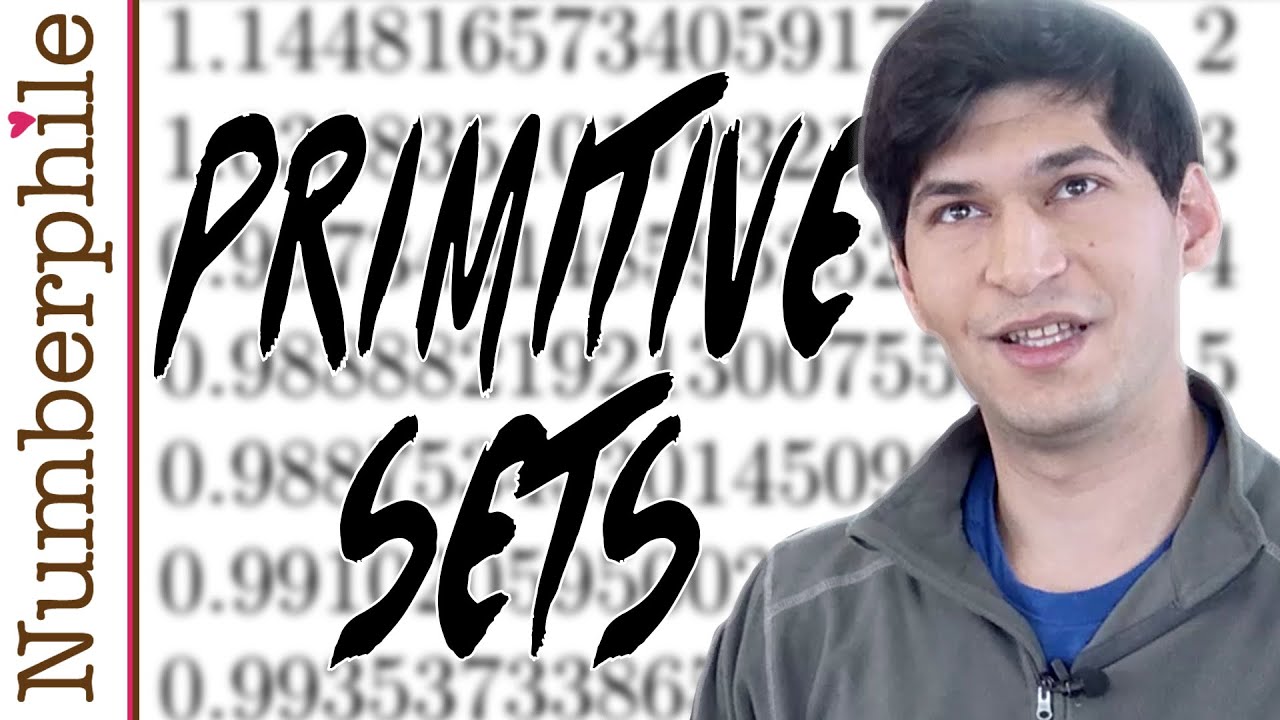A primitive set is a collection of integers of which none evenly divides another. Any set consisting exclusively of prime numbers, including the infinite set of all prime numbers, is obviously primitive, but so are an infinite other number of sets such as multiples of primes or composite numbers formed from the product of any number of consecutive primes.
It has long been known that the series:
over all prime numbers \mathbb{P} is finite, converging very slowly. In 1935, Paul Erdős proved that this series converges for all primitive sets.
In 1988, Erdős conjectured that the series value for the set of all primes was maximal: that no other primitive set could exceed this value. The conjecture resisted proof attempts for decades.
Now, in February, 2022, Jared Duker Lichtman published “A proof of the Erdős primitive set conjecture”, resolving the issue. Interestingly, his proof follows the line of investigation from which Erdős originally attacked the problem, and not other approaches tried over the years. Many other conjectures regarding primitive sets remain unproved.
